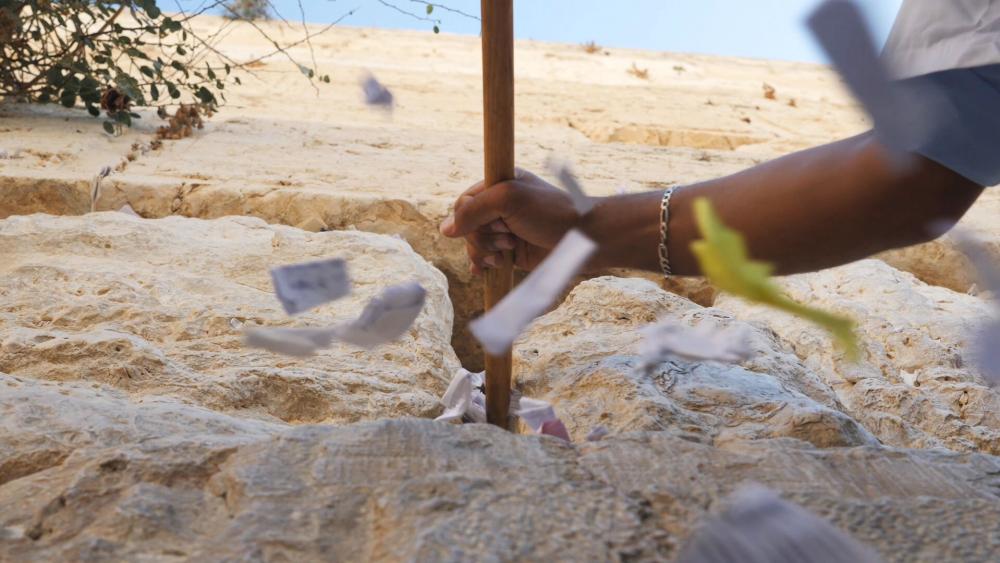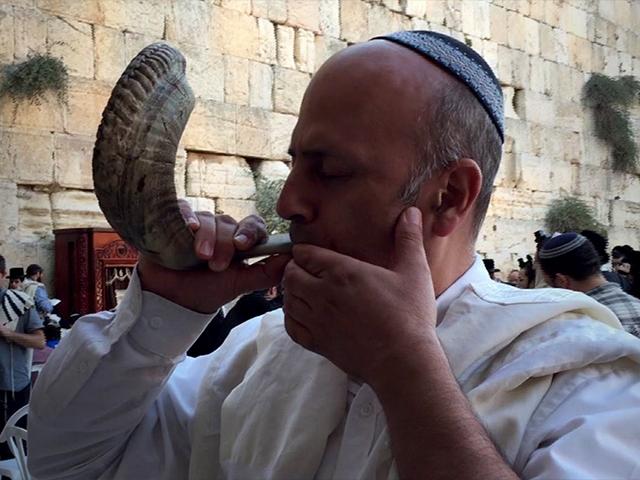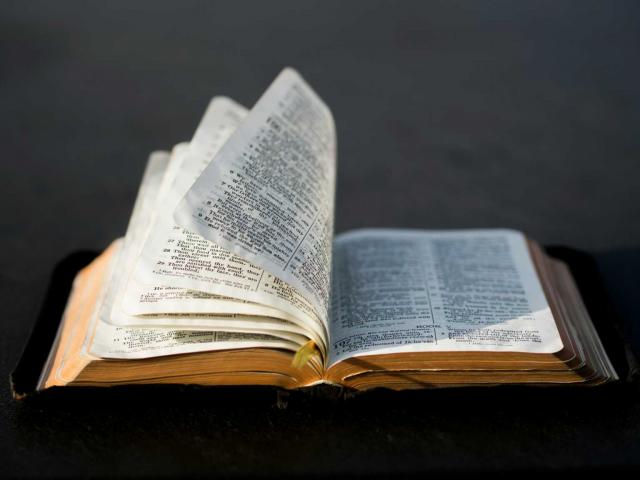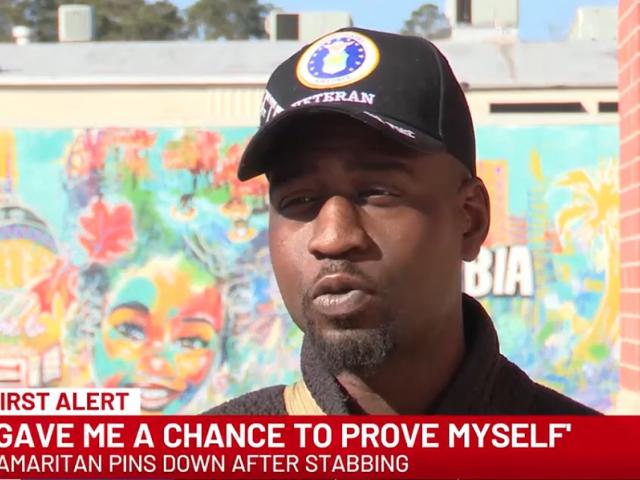Visitors to Jerusalem’s Western Wall often place written prayers in the cracks between the stones. Twelve million people visited the Western Wall this year. Have you ever wondered what happens when no more prayers will fit in those crevices? First a little history...

Prayer notes in the Western Wall. Photo: CBN News/Jonathan Goff
The Western Wall is part of the retaining wall built by King Herod 2,000 years ago around the Temple Mount. When King Solomon dedicated the First Temple, God said His eyes and heart would always be there.
Rabbi Shmuel Rabinovitch, Rabbi of the Western Wall and Holy Sites in Israel, the practice of putting prayers to God in the Kotel, as it’s called in Hebrew, is rooted in Jewish tradition.

Prayer at the Western Wall. Photo: CBN News/Jonathan Goff
“In this place, according to Jewish tradition, all the prayers of every person in the world go up from here. Here the gates of heaven are open and Jews and non-Jews, from the Land or from the diaspora put their requests here by means of notes that they inserted between the (stones) of the Western Wall,” Rabinovitch said.
You Can Have Your Prayer Added to the Western Wall
If Jews and those of other faiths can't make it to the Kotel, they can send their requests via post office, email or text.
So, what happens when those cracks get too full? Twice a year, workmen remove the old prayer slips to make room for the new.

Prayer notes being removed from Western Wall. Photo: CBN News/Jonathan Goff
The workers use only their bare hands or wooden sticks to remove the notes because the Bible says no tools of iron are allowed in the Temple.
Pulling out the notes is only part of the story.
According to Jewish religious practice, it's forbidden to destroy anything on which the name of God is written. That means these little prayer slips are treated with the same respect as worn or damaged Torah scrolls and prayer books.

A wooden stick used to remove prayer notes. Photo: CBN News/Jonathan Goff
So, the notes are bundled in bags and later buried in the cemetery on the Mount of Olives.
Rabinovitch says no one reads the papers because they're meant for the Creator.
“Of course, we pray. We ask from the Creator of the World that He hears their requests, that He hears their prayers, and fulfills all the yearnings of their hearts for good,” he said.

Prayer notes to be buried on Mount of Olives. Photo: CBN News/Jonathan Goff
Ahead of Rosh Hashanah, the traditional Jewish New Year, Rabinovitch says it’s time to put the hardships of the past year behind us and to look forward to the blessings of the coming year.
Did you know?
God is everywhere—even in the news. That’s why we view every news story through the lens of faith. We are committed to delivering quality independent Christian journalism you can trust. But it takes a lot of hard work, time, and money to do what we do. Help us continue to be a voice for truth in the media by supporting CBN News for as little as $1.












 Support CBN News
Support CBN News










